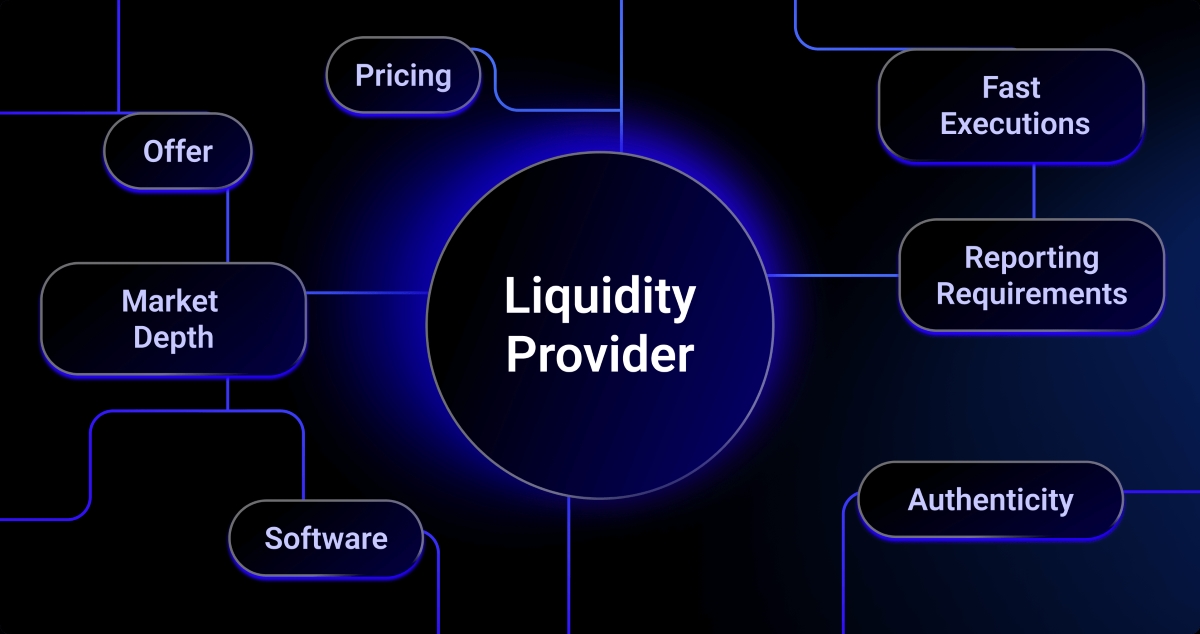Home>Finance>Preferred Provider Organization (PPO): Definition And Benefits


Finance
Preferred Provider Organization (PPO): Definition And Benefits
Published: January 10, 2024
Learn about the definition and benefits of a Preferred Provider Organization (PPO) in the realm of finance, and how it can positively impact your healthcare choices and costs.
(Many of the links in this article redirect to a specific reviewed product. Your purchase of these products through affiliate links helps to generate commission for LiveWell, at no extra cost. Learn more)
What is a Preferred Provider Organization (PPO)?
When it comes to managing your finances, one area that requires careful consideration is healthcare. With the rising costs of medical treatment, finding the right healthcare plan that suits both your budget and your needs is essential. One type of health insurance plan that you may come across is a Preferred Provider Organization (PPO). In this article, we will delve into the definition of a PPO and explore its benefits.
Key Takeaways
- A Preferred Provider Organization (PPO) is a type of health insurance plan that offers a network of preferred healthcare providers.
- PPOs provide flexibility in choosing healthcare providers and allow you to receive care outside of the network, though usually at a higher cost.
Understanding Preferred Provider Organizations (PPOs)
A Preferred Provider Organization is a type of health insurance plan that establishes a network of preferred healthcare providers. These providers have agreed to provide medical services to PPO members at pre-negotiated rates. This network typically includes doctors, hospitals, and other medical professionals.
One of the key benefits of a PPO is the flexibility it offers. Unlike Health Maintenance Organizations (HMOs), which require you to choose a primary care physician and obtain referrals for specialist care, PPOs allow you to visit any healthcare provider within the network without a referral. This means you have more control over your healthcare decisions and can seek specialist care directly when needed. You also have the option to receive care outside of the network, although the cost-sharing may be higher.
The Benefits of a Preferred Provider Organization (PPO)
PPOs come with several advantages that may make them an appealing choice for individuals and families. Here are some of the key benefits of opting for a PPO:
- Flexibility in Choosing Providers: With a PPO, you have the freedom to visit any healthcare provider within the network without a referral. This allows you to see the doctor or specialist of your choice without the need for prior authorization.
- Out-of-Network Coverage: PPOs give you the option to receive care outside of the network. While the cost-sharing for out-of-network services is typically higher, it can be beneficial if you have a preferred provider who is not part of the PPO network or if you require specialized care that is not available within the network.
- No Primary Care Physician Requirement: Unlike HMOs, PPOs do not require you to select a primary care physician. This means you can directly access specialist care without first obtaining a referral.
- Lower Co-Payments: PPO plans usually have lower co-payment amounts for visits to healthcare providers within the network. This can help you save money while still receiving quality medical care.
- No Claim Forms: PPOs often have a streamlined claims process, saving you time and hassle. In-network providers usually handle all necessary paperwork, making it easier for you to focus on your health.
It’s important to note that each PPO plan may have different rules and coverage details, so it’s essential to carefully review the terms of the specific plan you are considering and evaluate it against your healthcare needs and budget.
In conclusion, Preferred Provider Organizations (PPOs) are a type of health insurance plan that offers flexibility in choosing healthcare providers and the possibility of out-of-network coverage. This freedom to access the care you need without referrals and the ability to see specialists directly can be valuable for individuals and families looking for more control over their healthcare decisions. Consider your healthcare needs and budget when evaluating whether a PPO plan is the right choice for you.














